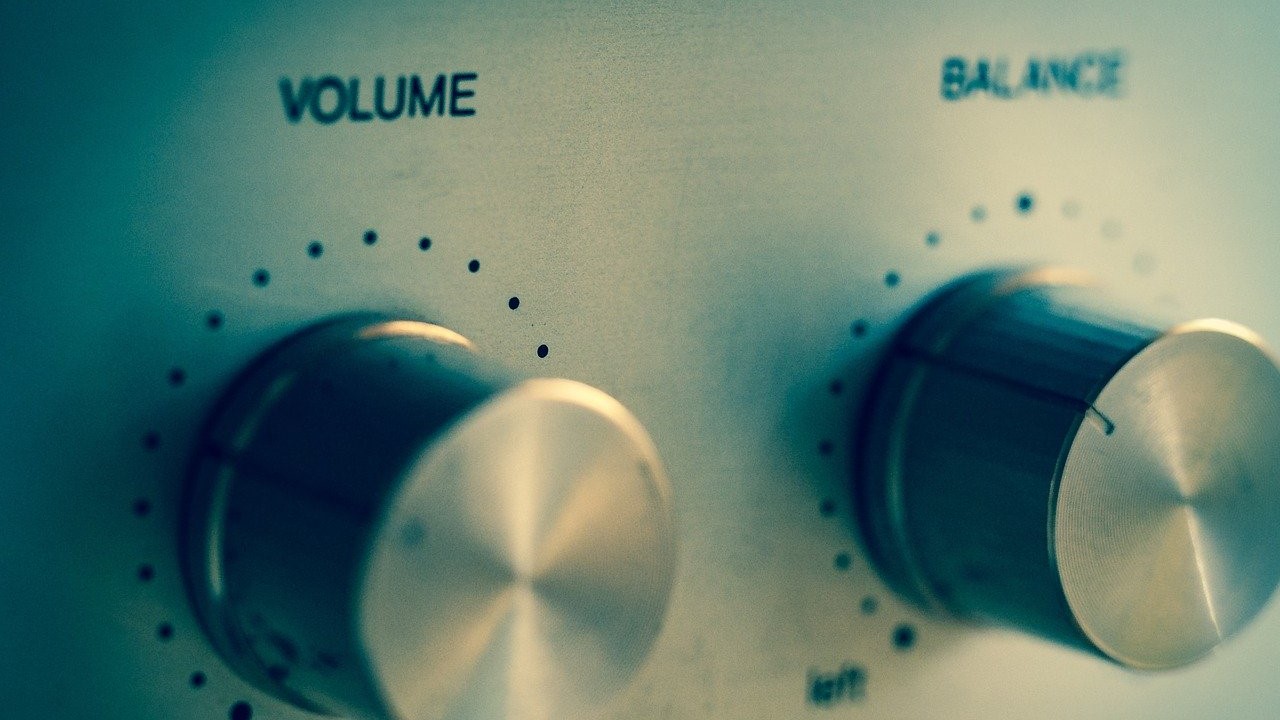There are certain phrases my parents repeated when I was a child that stick with me to this day. At certain life moments they ring in my head, just as loudly as they did when I was a child. “You’ll do this willingly or unwillingly.” “If you have nothing nice to say, say nothing.” “Bedtime for Bonzo.” (Although looking back, maybe it was a little weird that my parents were referencing a Ronald Reagan movie.)

Like muscle memory, I repeat these phrases when I’m in certain situations with my own children, and they are equally meaningful to me now as they were then. Some lessons in life resonate long after we’ve walked through the original experience. They don’t fade away with the gift of time; instead, they continue to push their way into our daily existence.
The Torah, in a way, plays the same role as those phrases. The lessons are timeless and seem to become louder or softer in the echoes of our minds, based on world events. Our Torah portion this week, Parshat Yitro, paints a familiar picture of God as the parent. The text begins with the Israelites arriving at Mount Sinai and the preparations for the presenting and accepting of the Commandments. As a side note, this event is sometimes called a “theophany,” which is a term of Greek origin to describe a manifestation of God. Following this momentous event, the Israelites are able to move on in their journey in the desert, now in possession of the laws meant to help them build a healthy society.
Chapter 19, verse 19 details the atmosphere surrounding the receiving of the 10 Commandments. This is the moment the Israelites are all gathered together, and you can almost picture this awe inspiring moment: the mountain lit with lightning and the deep roll of thunder. There was awe and fear, excitement and nervousness. And in the midst of it all, there was a horn that was being blown, and as Moses spoke, that horn got louder and louder and louder. The Torah marks this moment vividly, to the extent that you can almost feel yourself present during the theophany, in that incredible moment.
Normal sounds fade; the vibrations in the air dissipate, and they are no longer detectable. The Torah, like that horn on Mount Sinai, is different. The blare of the horn and all the other events in the Torah are meant to be louder each time we read about them. Not only are the laws and rules that were given to us still relevant now (though our interpretations might change over 3000 years), but it’s more vital than ever that their echoes never fade.
– Rabbi Eve Posen



